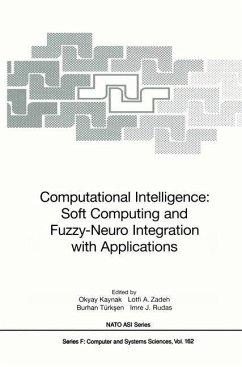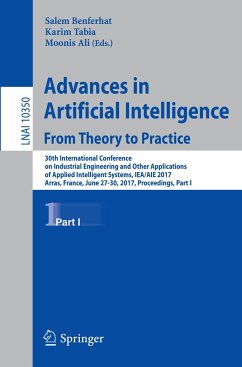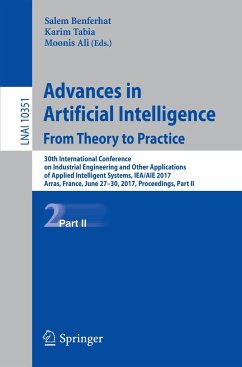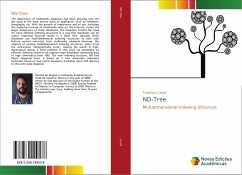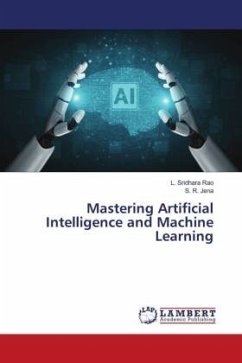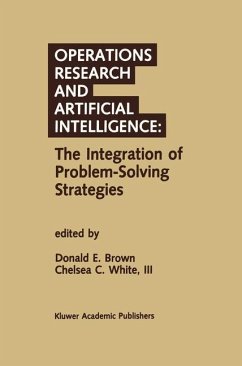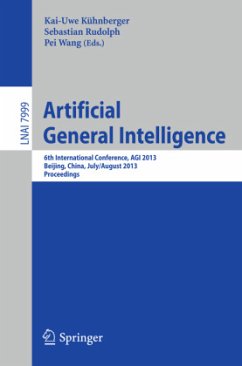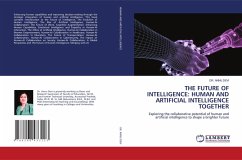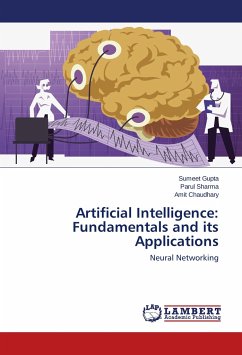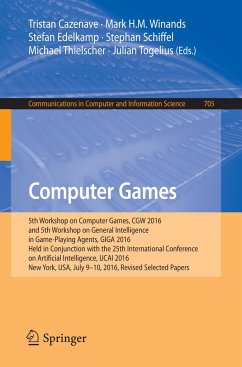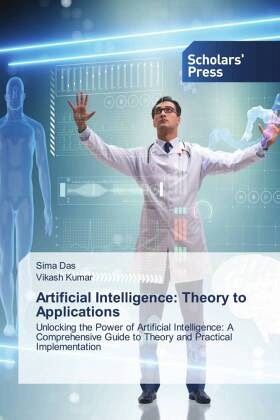
Artificial Intelligence: Theory to Applications
Unlocking the Power of Artificial Intelligence: A Comprehensive Guide to Theory and Practical Implementation
Versandkostenfrei!
Versandfertig in 6-10 Tagen
58,99 €
inkl. MwSt.

PAYBACK Punkte
29 °P sammeln!
This book provides a comprehensive overview of Artificial Intelligence (AI), covering both its theoretical foundations and practical applications. The book delves into the fundamental principles of AI, including knowledge representation, reasoning, search, and learning algorithms. It explores various AI programming languages such as LISP and PROLOG, and examines formalized symbolic logics to handle inconsistencies and uncertainties in knowledge representation. The concept of probabilistic reasoning and its application in Bayesian networks is discussed, along with the representation of structur...
This book provides a comprehensive overview of Artificial Intelligence (AI), covering both its theoretical foundations and practical applications. The book delves into the fundamental principles of AI, including knowledge representation, reasoning, search, and learning algorithms. It explores various AI programming languages such as LISP and PROLOG, and examines formalized symbolic logics to handle inconsistencies and uncertainties in knowledge representation. The concept of probabilistic reasoning and its application in Bayesian networks is discussed, along with the representation of structured knowledge using graphs, frames, and related structures. The book explores object-oriented representations and the utilization of inheritance and instantiation in knowledge representation. Search and control strategies for general problem-solving, production systems, and heuristic search techniques are thoroughly explained. The application of AI in game playing, constraint satisfaction problems, and expert systems is explored, along with matching techniques and knowledge organization and management.



